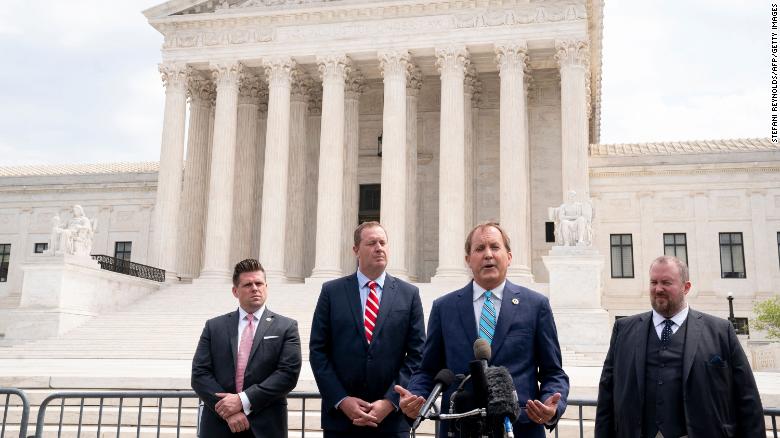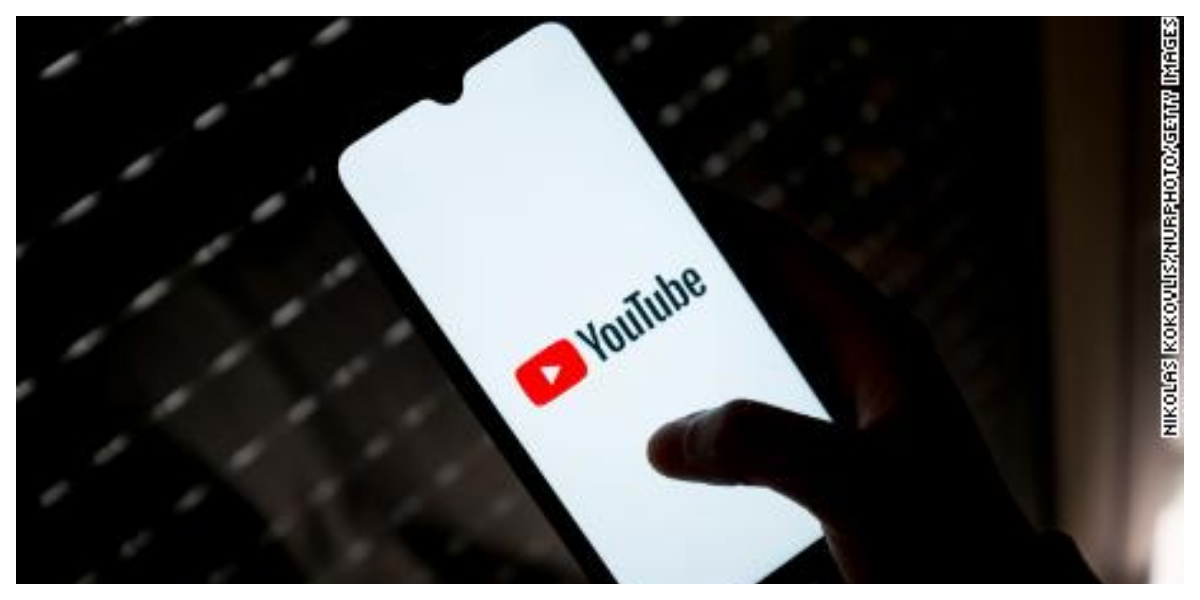Texas citizens can now use Facebook, Twitter, and YouTube for allegedly censoring their content material after a federal appeals court docket sided Wednesday with the nation’s regulation proscribing how social media sites can moderate their structures.
The 15-word ruling permitting the regulation, which has been blocked closing year, to take effect has tremendous capacity effects. Most at once, it creates new legal dangers for the tech giants and opens them as much as a probable wave of litigation that criminal professionals say could be expensive and tough to defend.
Texas’s law makes it illegal for any social media platform with 50 million or more US monthly users to “block, ban, remove, deplatform, demonetize, de-boost, restrict, deny equal access or visibility to, or otherwise discriminate against expression.”
The regulation creates big uncertainty approximately how social media will truly be characteristic in Texas, in keeping with felony experts, and increases questions on what users’ online spaces may additionally seem like and what content they’ll discover there if the businesses are even able to run their services in any respect.
The ruling also units the level for what can be a Supreme Court showdown over First Amendment rights and, probable, a dramatic reinterpretation of these rights that influence now not just the tech industry but all Americans — and after many years of setting up a precedent.
In brief, the choice has allowed Texas to declare open season on tech platforms, with huge ramifications for absolutely everyone in the U.S. It ought to reshape the rights and duties of all websites; our dating to generation and the net; and even our fundamental, essential information of the First Amendment.
A controversial law takes effect
The origins of Texas’s law, HB 20, lie inside the longstanding Republican grievance that tech structures discriminate politically in opposition to conservative customers, a charge the agencies have denied and which platform moderation researchers say there is little systemic proof to help.
The regulation, which seeks to cope with the perceived imbalance, turned into blocked in December via a district court docket judge who ruled it become unconstitutional below the First Amendment. That choice got here months after a similar law, in Florida, became also blocked for an equal reason.
But that all modified this week, when in oral arguments on the Fifth Circuit Court of Appeals, a 3-judge panel stressed social media platforms with internet provider vendors; disputed that Facebook and Twitter are websites; and expressed wonder that a provider consisting of Twitter may want to “just determine” what content material appears on its platform as a be counted of the path.

The end results become Wednesday’s selection overturning the decrease-courtroom injunction that had kept Texas’s law from going into impact. The ruling right away led Texas’s attorney trendy Ken Paxton — who’s additionally empowered to sue tech companies beneath HB 20 — to declare victory.
“My office just secured another BIG WIN against BIG TECH,” Paxton’s office tweeted.
The appeals court has no longer provided a written opinion explaining the decision, and it did now not provide the tech advocacy corporations who challenged the law time to seek an appeal.
“Apparently, they do not think this is disruptive or something,” said Harold Feld, a senior vice president, and communications lawyer at the consumer group Public Knowledge.
Whatever takes place subsequent, prison specialists seem convinced that the final results can be chaos.

















